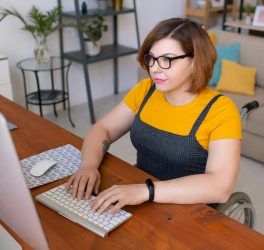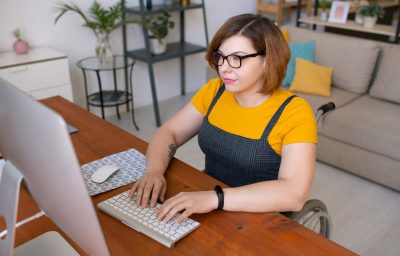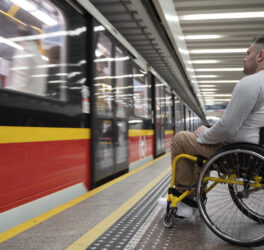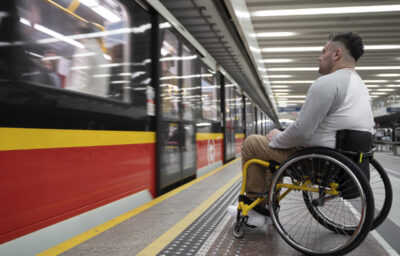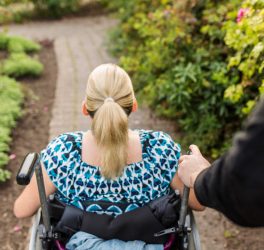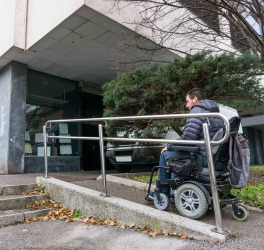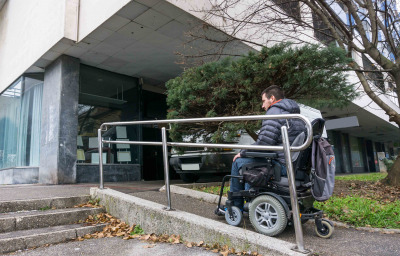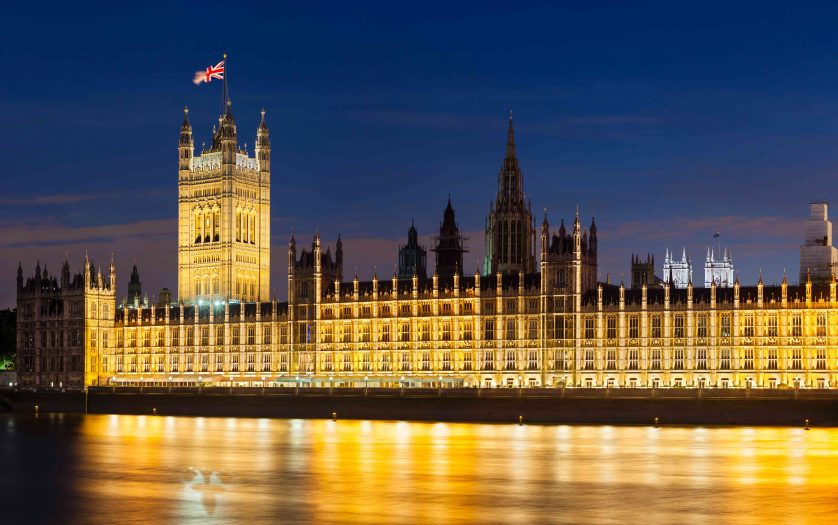
Introducing reserved seating for members with a disability and call lists to make proceedings more predictable would make the Houses of Parliament more accessible, research shows.
There is also room to increase participation of Members in disability audits of the parliamentary estate.
Dr Ekaterina Kolpinskaya, from the University of Exeter, gave evidence to the Modernisation Committee as part of their inquiry into working environments for disabled MPs and adjustments which could be considered for them.
Between 2022 and 2024 Dr Kolpinskaya held a Parliamentary Office for Science and Technology Academic Fellowship examining accessibility of the House of Commons for disabled Members. She interviewed parliamentary staff and IPSA, peers, MPs and their staff.
Dr Kolpinskaya told the Modernisation Committee it would be helpful for Select and General Committees to share best practices to improve accessibility of Committee work and make these practices consistent across Committees. Her research showed how challenging it can be to make Parliament more accessible due to the heritage status of the building and the busy and partisan nature of parliamentary politics.
Dr Kolpinskaya said: “Parliament could be more accessible if the unpredictability of the House schedule was reduced, for example by introducing call lists and reducing the physical strain on members through measures such as reserved seating.”
During her fellowship Dr Kolpinskaya found those who run the Houses of Parliament are committed to inclusivity and accessibility, but there are practical challenges to operating in a busy environment, where partisanship can trump collegiality.
Some interviewed described the House as ‘incredibly hostile and…ableist” while others highlighted the considerable contribution of those who work in Parliament, and the goodwill around the estate. There was universal acknowledgement of the tremendous contribution of the House services and staff to supporting members.
Dr Kolpinskaya’s evidence to the Modernisation committee was based around her final report, written at the end of her fellowship.
In the report she highlighted how the fact disability-related accommodations are made upon request, and via self-reporting, and on a case-by-case basis, reinforces the need for individual members to adapt to the ways of the House. Members may not report disabilities for fear of incurring a penalty at the ballot box or seeking promotion, or because they think it is a private matter.

